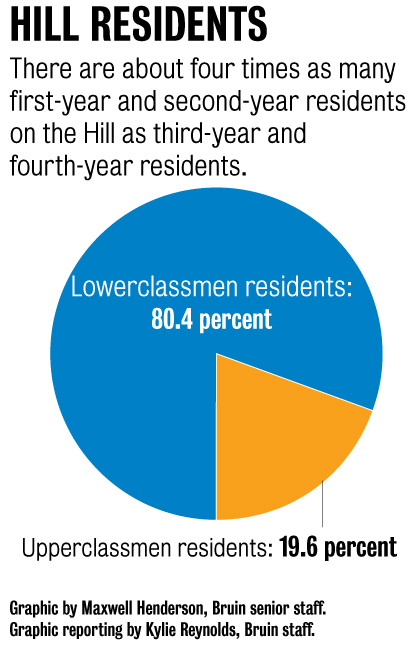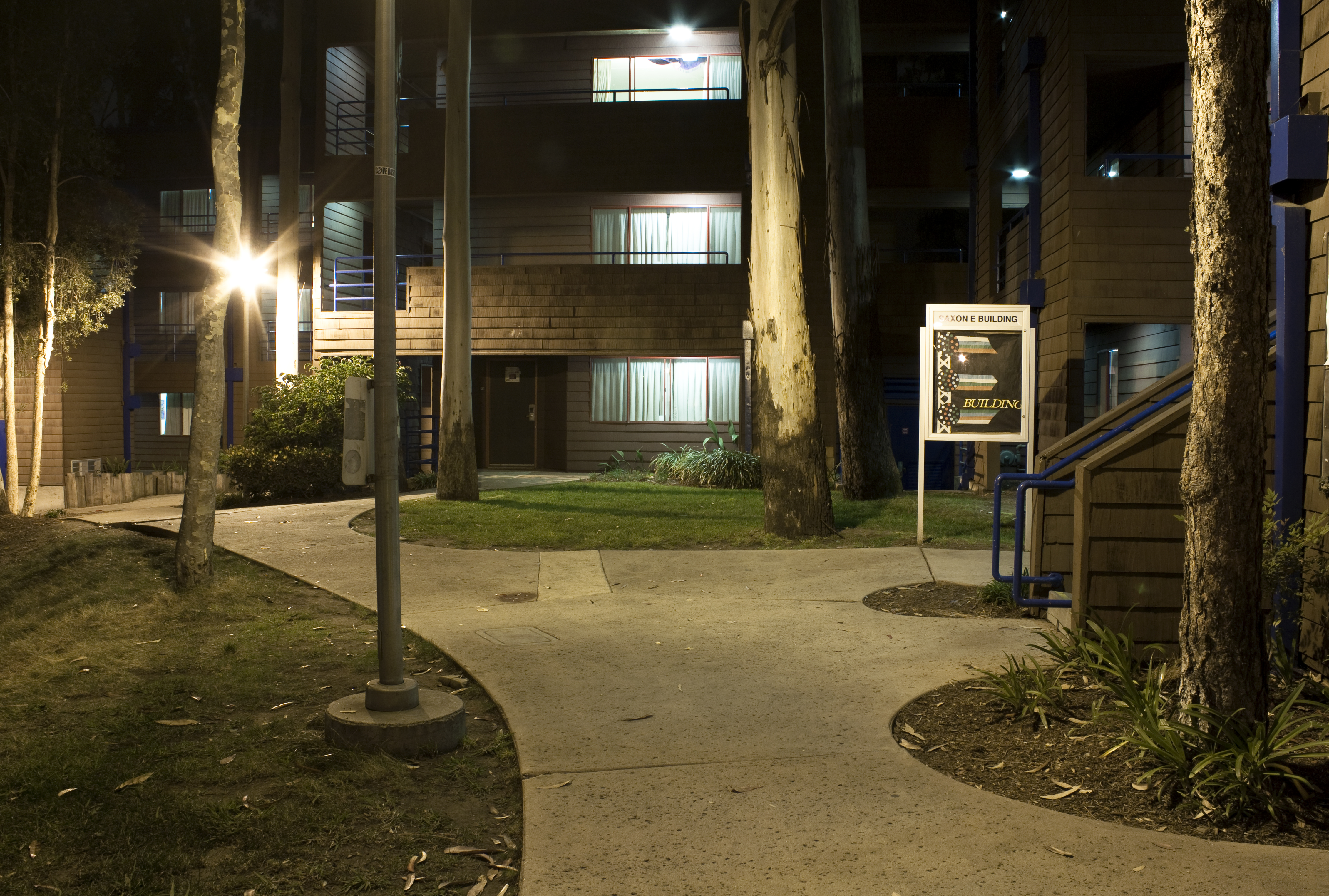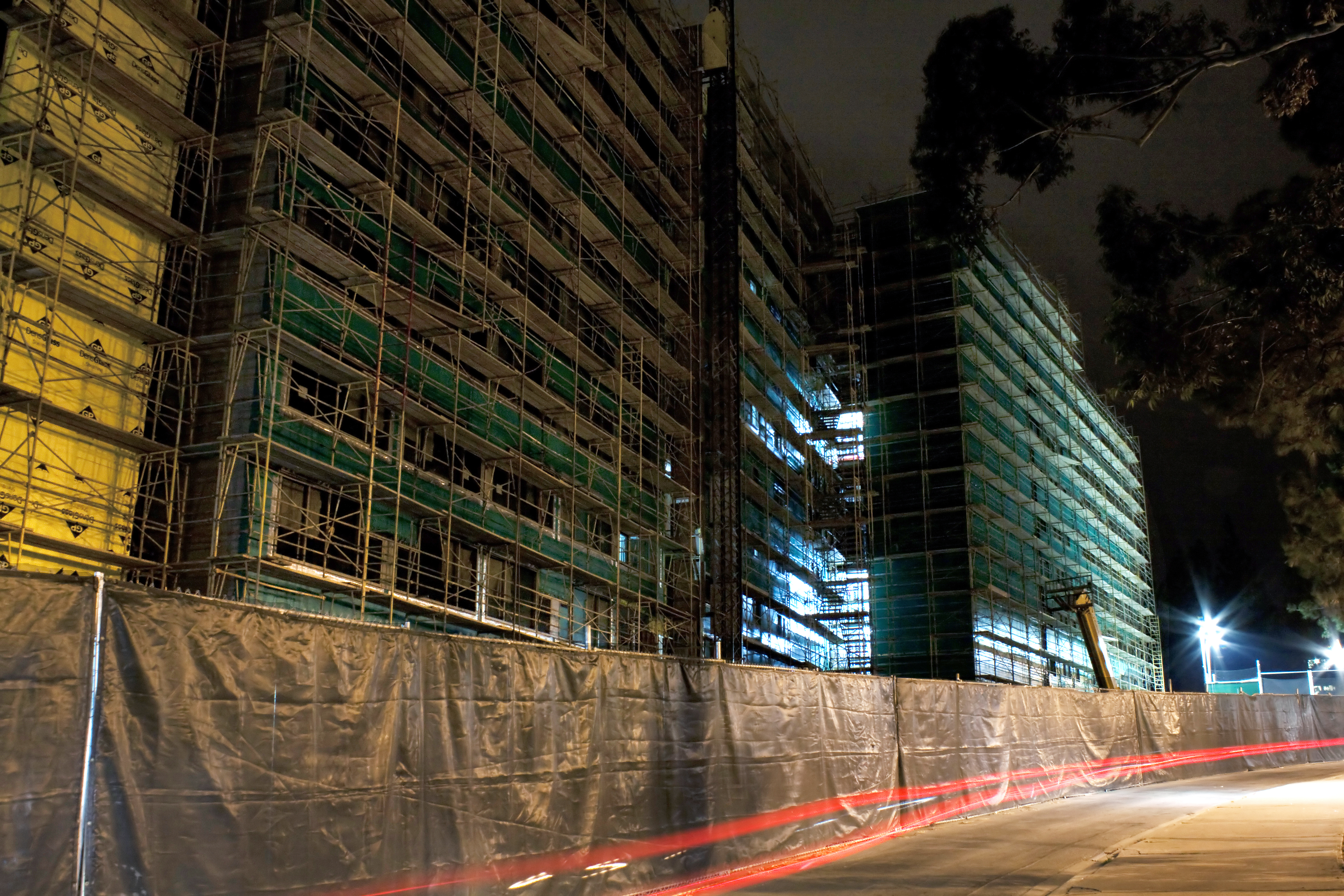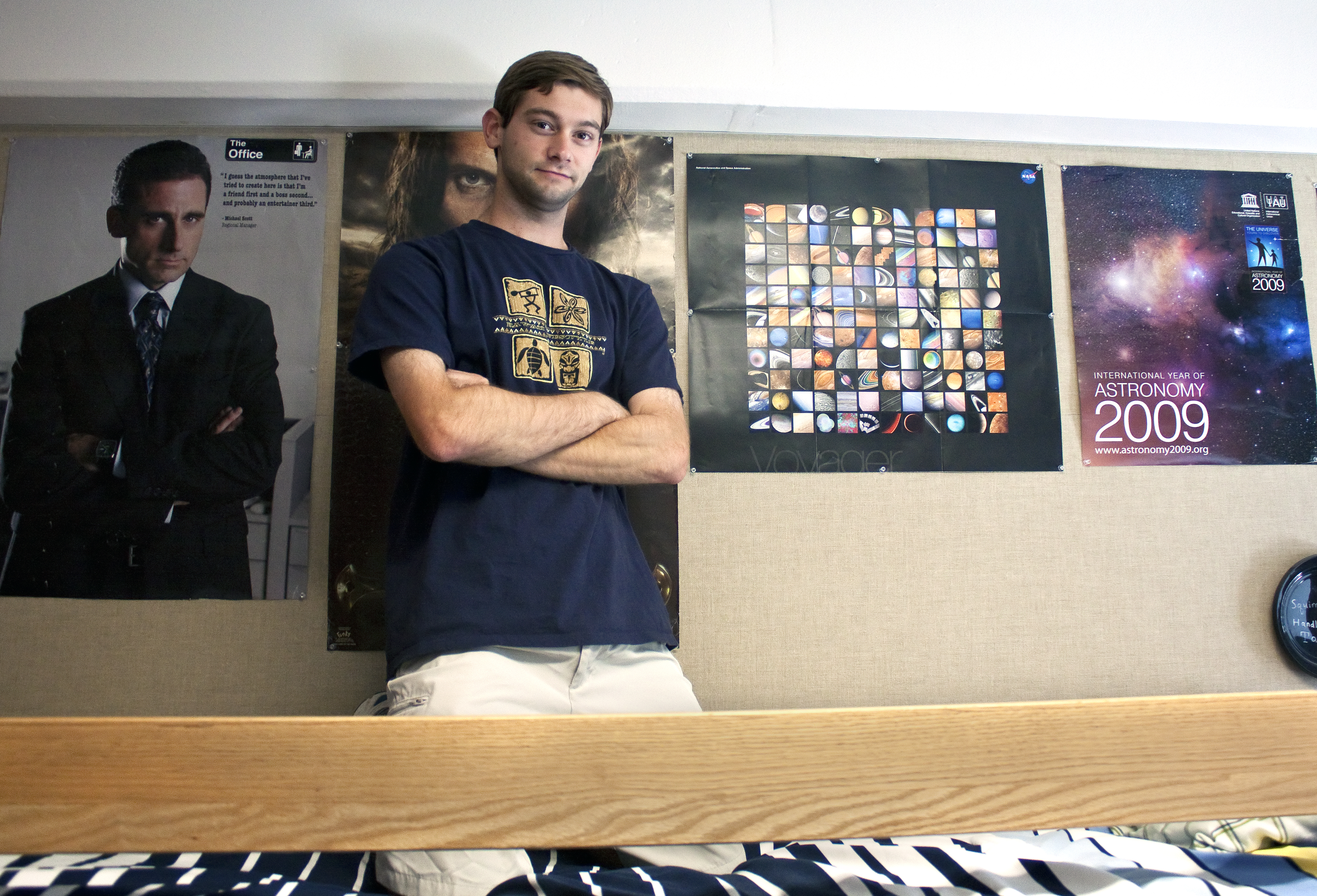

The UCLA Northwest Campus Housing Student Infill project will construct additional buildings near De Neve and Sproul Hall.

The Saxon Suites will be renovated to be more similar to apartments.

The new residence halls will add more than 4,000 rooms on the Hill once construction is complete in winter 2013.
His room may have a leather couch, but Jake Adler’s double in Sproul Hall is still sometimes too small for comfort.
The geophysics and space physics student is part of the minority of third-year students living in the residence halls. He will be in an apartment next year ““ it was time to leave the Hill.
UCLA Housing and Hospitality Services, however, aims to extend housing guarantees to accommodate all students, despite the unofficial UCLA tradition for students to move to Westwood apartments after their second year on campus.
“We want to build more inventory so any undergrad that wants to live on campus has that opportunity,” said Angela Marciano, director of programming and development for Housing and Hospitality Services.
Housing guarantees currently extend to third-year students. Fourth-year students and transfer students in their second year at UCLA interested in living on campus must enter a lottery.
The construction of new residence halls at De Neve and Sproul will add 1,507 beds to the Hill. The project is expected to be completed between fall 2012 and winter 2013, said Peter Angelis, assistant vice chancellor for Housing and Hospitality Services.
Yet, many students leave the Hill not because they have to but because they want the freedom that comes with living away from residence halls.
“I sort of had enough after three years,” Adler said. “I need to get used to being independent.”
With this in mind, UCLA Housing is reconsidering the structure of its facilities to accommodate upperclassmen.
Following the construction of the new facilities, UCLA Housing will work on developing apartment-style on-campus housing. Renovations to the Saxon Suites will possibly add a small kitchenette ““ including a refrigerator, oven and stove ““ to the living room area, Angelis said.
Community kitchens on the Hill are also a possibility in the future, Marciano said.
Additional programs geared toward what students will do after college, including greater connections with the UCLA Career Center and the Faculty-in-Residence program, will also be offered to upperclassmen living on the Hill, said Suzanne Seplow, director of the Office of Residential Life.
Programs aside, Adler said he is most excited to throw parties at his apartment ““ a difficulty on campus with noise restrictions and resident assistants.
Reconsidering current policies, including those pertaining to alcohol, noise and guests, is one step administrators may take to provide additional liberties to students.
No definite policy changes have been established yet, but UCLA Housing will talk with the students of their policy review board about what changes could be made, Seplow said.
“For the most part, students don’t come back for a fourth year because they want some independent living situations, and that evolves to what they can and cannot do in their apartments,” Marciano said.
While Adler thinks the expected changes will attract some upperclassmen to stay in on-campus housing, he said he is still unsure whether it will retain many fourth-year students.
“If all your friends are going to the apartments, you are definitely going to stick with them,” he said.
Many students also leave on-campus housing because apartment life can be more cost efficient than living on the Hill.
David Park, a third-year astrophysics student, said he moved to an apartment south of Wilshire Boulevard after he found he could save $100-200 a month compared to staying on the Hill.
“Originally I thought (living in apartments) would cost more because you would be paying for an extra two months you are not in school,” Park said. “Once I found a subletter, though, I realized I am probably saving money this way.”
Despite competing with the rents of Westwood apartments, which are some of the highest in Los Angeles, UCLA Housing will not be able to lower the cost of living on the Hill, Angelis said.
He said, however, that administrators will try to maintain annual steady 2 to 3 percent increases in costs, which should be offset by the amenities offered through on-campus living.
